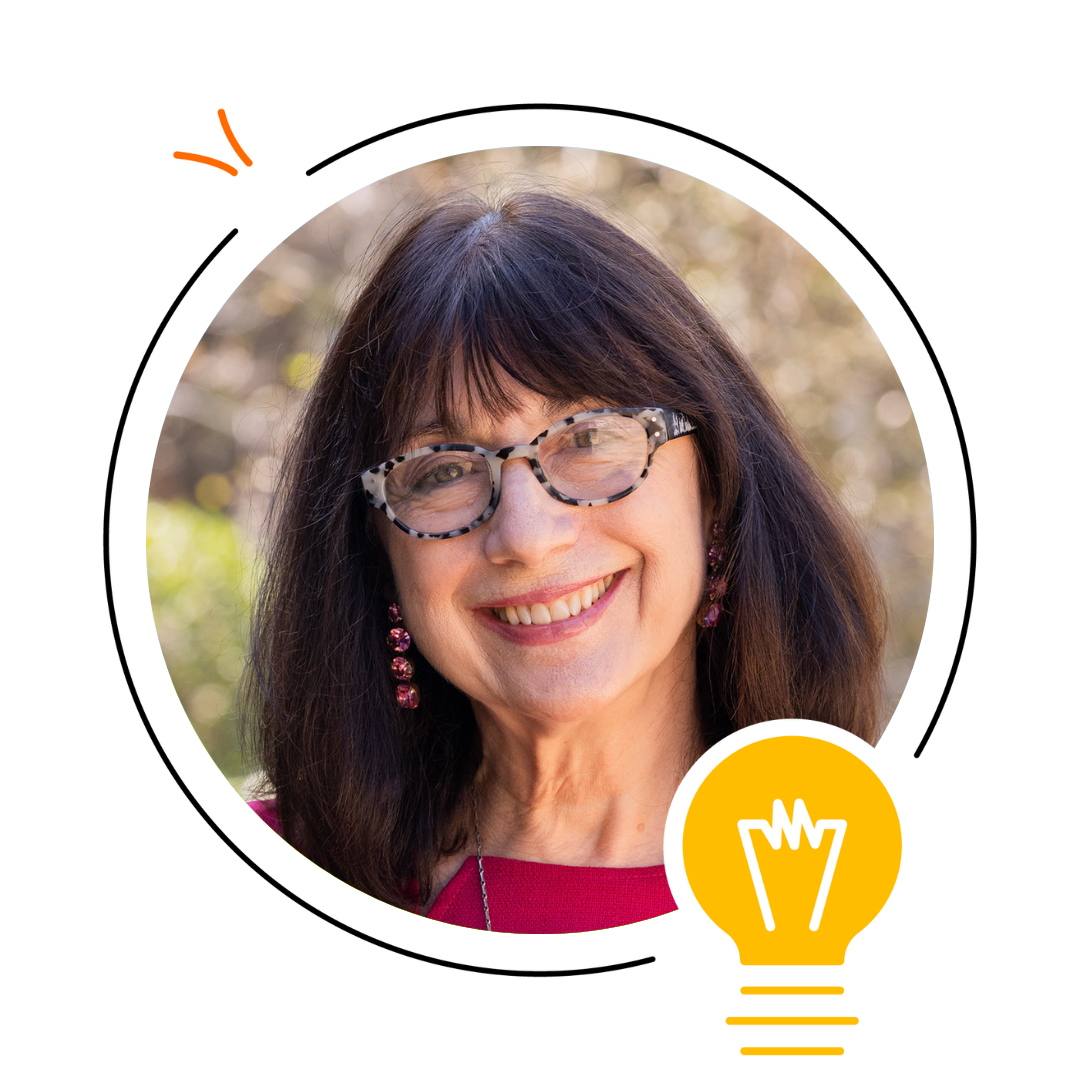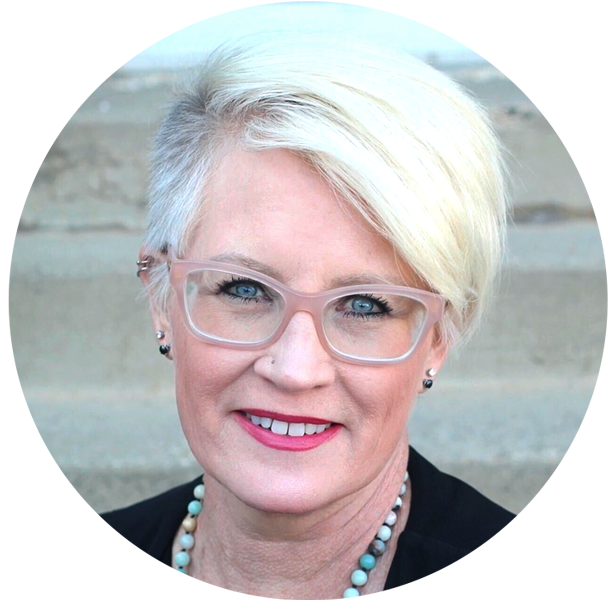Meet Our Guest(s):

Maryanne Wolf, Ed.D.
Maryanne Wolf advocates for children and literacy. She directs UCLA’s Center for Dyslexia, Diverse Learners, and Social Justice. She has published over 170 articles and four books, including Proust and the Squid: The Story and Science of the Reading Brain; Dyslexia, Fluency, and the Brain; Tales of Literacy for the 21st Century: The Literary Agenda; and Reader, Come Home: The Reading Brain in a Digital World. She is a frequent speaker at the Pontifical Academy of Sciences.
Meet our host, Susan Lambert
Susan Lambert is the Chief Academic Officer of Elementary Humanities at Amplify, and the host of Science of Reading: The Podcast. Her career has been focused on creating high-quality learning environments using evidence-based practices. Lambert is a mom of four, a grandma of four, a world traveler, and a collector of stories.
As the host of Science of Reading: The Podcast, Lambert explores the increasing body of scientific research around how reading is best taught. As a former classroom teacher, administrator, and curriculum developer, Lambert is dedicated to turning theory into best practices that educators can put right to use in the classroom, and to showcasing national models of reading instruction excellence.

Quotes
“What I would say to any teacher of balanced literacy: Let us bring our best selves and expand our knowledge. We both have things we can learn from each other. ”
“Pass on why you learned to be a teacher. Pass it on to your students. Let’s make that next generation of teachers truly excited about what we can do to release the potential of every child.”


